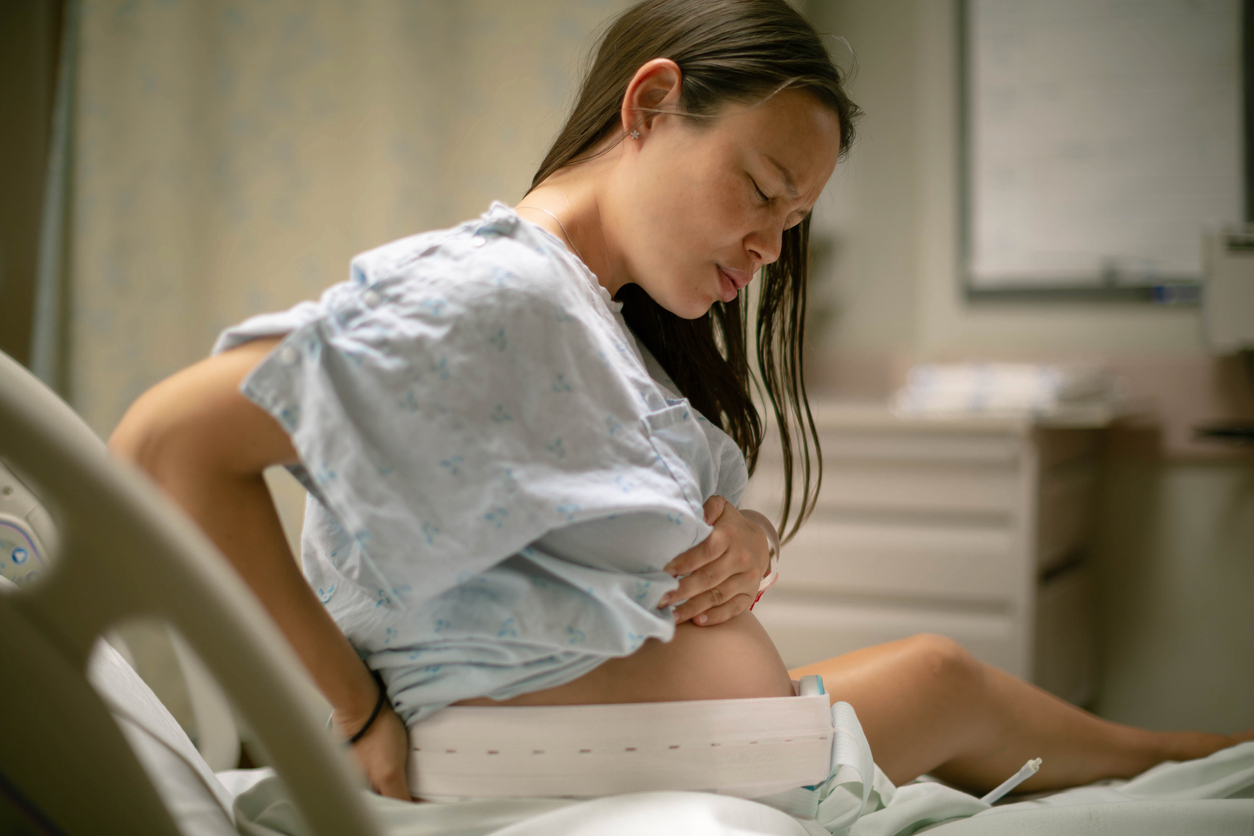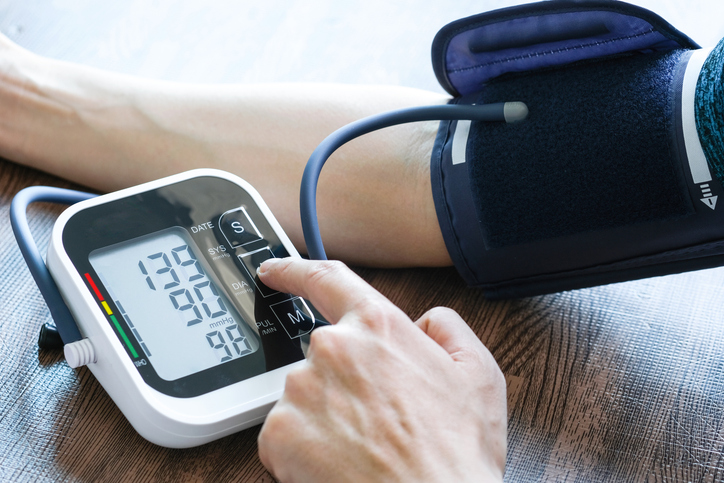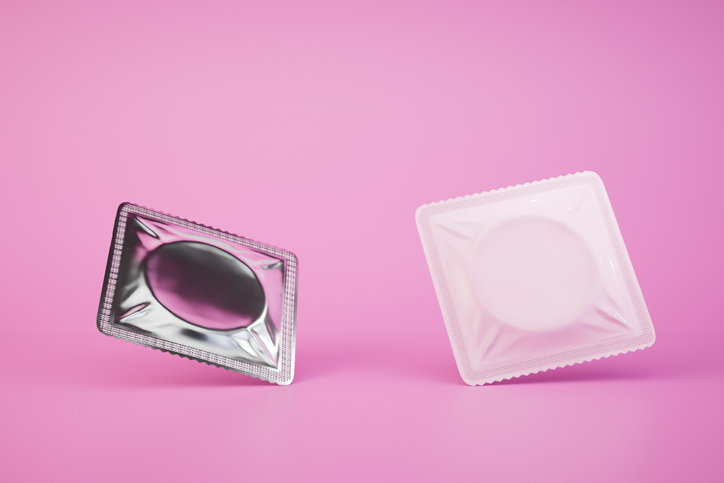2024-02-13
Effects of maternal posture on fetal malposition
Gynecology
Fetal malposition is associated with complications for the mother and/or fetus (prolonged labor, fetal distress, maternal exhaustion, need for cesarean section, perineal trauma, anal sphincter lesions, ...). In this Cochrane review, researchers assessed the effects of maternal posture on fetal malposition in late pregnancy. The aim was to determine whether positional interventions in late pregnancy could correct fetal malposition and thus reduce the associated risks. The researchers found no evidence to target relevant positional interventions for fetal malposition in late pregnancy. But further studies are needed to reach a conclusion.

Last press reviews
Arterial hypertension: radar blood pressure monitors for greater accuracy

By Elodie Vaz | Published on February 20, 2026 | 3 min read<br>
Safe Sex 2.0: which digital tools actually work?

By Ana Espino | Published on February 20, 2026 | 3 min read<br><br>
Stem cell transplantation: ai to predict severe complications

By Elodie Vaz | Published on February 18, 2026 | 3 min read<br>